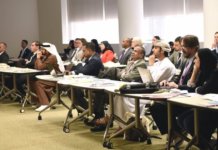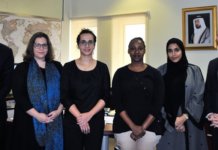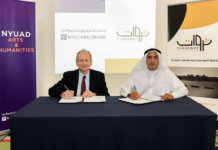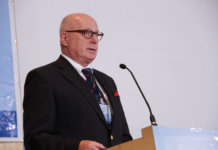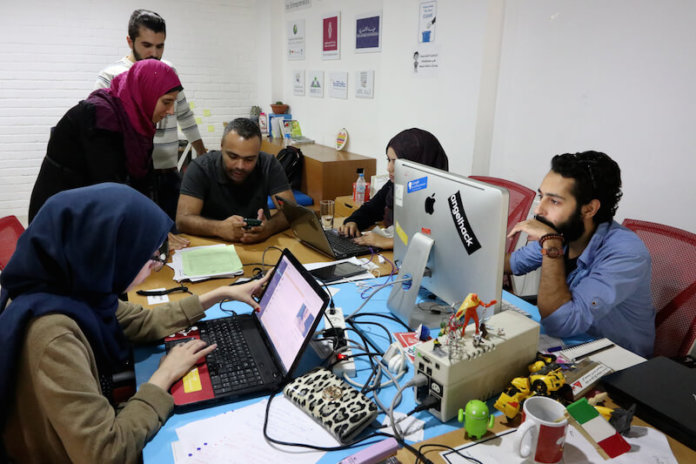
Eric Ries and Marc Benioff today join Paul Graham, Brad Feld, Dave McClure, Fadi Ghandour, Samih Toukan, Skoll Foundation, Freada Kapor Klein and other leaders in tech in providing match donations to the #PowerUpGazaGeeks crowdfunding campaign, which aims to launch Gaza’s first coding academy.
The crowdfunding campaign, launched on December 13th, is run by Gaza Sky Geeks (GSG), Gaza’s vibrant startup incubator and coworking hub, operated by Mercy Corps. The campaign has far exceeded the initial target goal of $95,000, which will be used to buy a generator and fuel to extend the co-working hub hours to include evenings and weekends.
“We’re facing the worst energy crisis we’ve had in Gaza, with some homes getting as little as four hours of electricity each day,” said Said Hassan, GSG’s manager and a startup founder himself. “At the same time, our tech sector is gaining traction – startups are closing more investments and generating revenue. We need electricity and access to the internet so we can grow our companies further. We live in what is essentially a disaster zone, but with a good internet connection, we can build our future even here.”
The campaign reached its goal within ten days. Encouraged by international support for the emerging tech scene, GSG extended the target to $400,000, which will also launch Gaza’s first coding academy, facilitate 22 internships for Gazans in European and U.S. tech firms, and train high school girls to code.
Back in 2014, on the verge of shutting down due to lack of funding, GSG ran its first crowdfunding campaign, which became one of the most successful crowdfunding campaigns in the Arab world. Since that time, GSG has developed into a leading emerging market tech hub, and the startup tech sector has picked up pace throughout the Palestinian Territories. Some highlights include:
- GSG received Google for Entrepreneurs’ citizenship award for “pursuing an audacious path, truly excelling in supporting and empowering […] entrepreneurs to build amazing things.” GSG received the award through a vote by the Google for Entrepreneurs Partner Network, made up of 50 partners reaching across 140 countries.
- GSG was selected out of hundreds of organizations as one of the first four grantees of the Techstars Foundation, which provides grants and resources to organizations making a scalable impact in diversity in tech entrepreneurship.
- GSG ran its second cohort of incubated companies, closing the second-ever round of investments in Gaza’s history; one was the largest to date in Gaza’s tech sector history.
- GSG’s geeks created more than 100 jobs and $91,000 in revenue via startups and freelancing
- A startup in the West Bank became the first ever accepted into an American accelerator (Mashvisor was accepted into 500 Startups)
- For the first time, a Gazan startup was accepted into a startup bootcamp in Silicon Valley (Baskalet participated in Blackbox)
- A Gazan girl coder visited the US for the first time through a tech exchange program funded by the State Department (Joumana Hassan in the TechGirls program)
- Hour of Code trained 20,000 Palestinian kids to code between Nov 15 and Dec 20, 2016. 50% of them were girls (Hour of Code in the West Bank and Gaza was organized by PalTel, the largest telco in the Palestinian Territories)
- More than 100 international tech experts came to mentor startups and developers in Gaza, including people like Dave McClure, Kevin Abosch, Kevin Ryan, and employees from companies such as Udacity, Uber, Google, and Symantec.
“Gazans are smart people working on ideas for companies,” said Dave McClure, founding partner of 500 Startups and an advisory board member for GSG. “They deserve support and investment just like any other startup founder anywhere else in the world. To some extent, they have even more hustle because they’re working in such a tough environment. They may actually be some of the best entrepreneurs in the world.” McClure helped launch the GSG crowdfunding campaign with a match challenge.
Freelancing in Gaza is becoming a viable alternative for the hundreds of young graduates coming from universities there. “When I was at Microsoft, I helped set up our outsourcing to the West Bank,” said Blaise Aguera y Arcas, Principal Scientist at Google, “My team was impressed with the talent of the Palestinians we worked with. I’ve always been struck by how isolated Palestinians are, and how much of an opportunity the tech sector presents for job creation in that environment.”
The current #PowerUpGazaGeeks crowdfunding campaign will run until January 13th.


